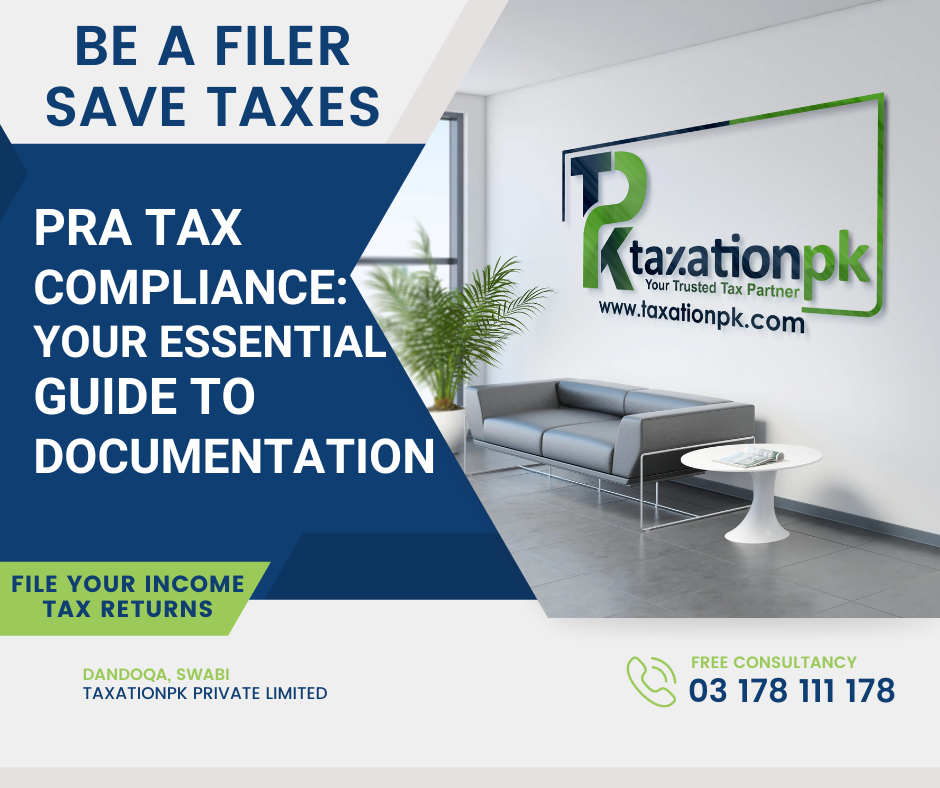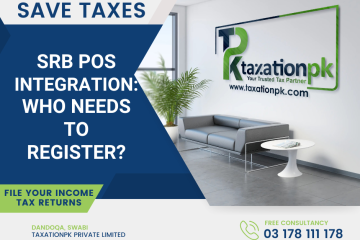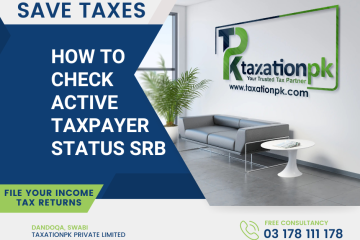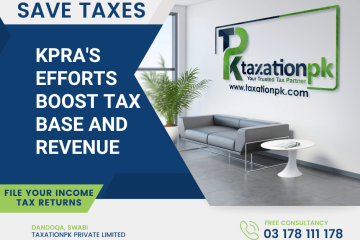Navigating the complexities of tax compliance can be challenging, especially when it comes to record keeping and documentation. This article delves into the essential requirements outlined by the Punjab Revenue Authority (PRA) to ensure you maintain accurate records and stay compliant with their regulations.
Issuing Accurate Tax Invoices:
- Mandatory Information: Every registered person providing taxable services must issue numbered and dated tax invoices containing specific details. These include:
- Service provider and recipient information (name, address, registration number)
- Service description
- Value exclusive of tax
- Tax amount
- Value inclusive of tax
- Potential Format Specifications: The PRA may issue official notifications specifying invoice formats for specific categories of registered persons. Additionally, they may require procedures for invoice authentication.
- Electronic Invoicing: Be prepared for the possibility of mandatory electronic invoicing. The PRA may introduce regulations requiring registered persons to issue and transmit invoices electronically in a specific format.
Maintaining Detailed Records:
- Record Retention Period: Registered persons providing taxable services (or anyone liable for tax under the PRA Act) must maintain specific records for at least eight years after the relevant tax period ends (or until final decision in any proceedings, whichever is later). For tax periods before July 2022, the retention period was six years from the financial year end.
- Required Records: Here’s a breakdown of the mandatory records you need to keep:
- Service Records: Details of services provided (including exempt services), including description, quantity, value, recipient information, and tax charged.
- Goods and Services Received: Details of received goods and services (including exempt), including description, quantity, value, supplier information, and tax charged.
- Import Goods Records: Description, quantity, and value of imported goods, along with import tax paid.
- Financial Records: Double entry accounts, bank statements and instruments, inventory records, utility bills, salary and labor bills, rent deeds and agreements.
- Other Records: Records mandated by other relevant laws and additional documents specified by the PRA.
- Business Bank Accounts: The PRA may require registered persons to use specific numbers of designated bank accounts for tax purposes.
- Electronic Records: The PRA may mandate the use of approved electronic fiscal cash registers and software for invoicing, billing, record keeping, and tax return filing.
Audited Accounts and Document Production:
- Audited Accounts: If your accounts are subject to audit under the Companies Act, 2017, you’ll need to submit copies of your annual audited accounts with a certificate by the auditors confirming tax payment and any deficiencies.
- Document Production: When requested by an authorized PRA officer, you must produce any relevant records or documents in your possession or control, including electronically stored data and allowing full access to the data storage medium.
Staying Compliant:
- Proactive Record Keeping: Maintaining accurate and complete records from the beginning is crucial for smooth compliance and potential audits.
- Stay Informed: Regularly check for updates on PRA regulations and record-keeping requirements to ensure you adhere to the latest standards.
- Seek Professional Guidance: Consulting a tax advisor can be invaluable for navigating complex regulations and ensuring you fulfill all your PRA documentation and record-keeping obligations.
By understanding and adhering to these requirements, you can maintain compliant records, minimize tax risks, and operate your business with peace of mind. Remember, accurate and timely record keeping is essential for a positive relationship with the PRA and ensures your business functions smoothly within the legal framework.






